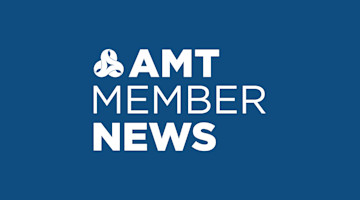On September 5, 2024, the U.S. Department of Commerce's Bureau of Industry and Security (BIS) published an interim final rule implementing export controls on critical and emerging technologies that align with the regulations of U.S. allies. This measure aims to address national security concerns related to technology proliferation.
BIS is implementing worldwide export controls on specific types of items, including:
Additive Manufacturing Items: equipment, components, and related technology and software designed to produce metal or metal alloy components.
Deemed Export and Deemed Reexport Controls Licensing exceptions are available under specific conditions. A General License (GL) has also been introduced for GAAFET technology exports.
Advanced Semiconductor Manufacturing Equipment: tools and machines that are essential to produce advanced semiconductor devices.
Quantum Computing Items: quantum computers, related equipment, components, materials, software, and technology that can be used in the development and maintenance of quantum computers.
Gate All-Around Field-Effect Transistor (GAAFET) Technology: technology that produces or develops high-performance computing chips that can be used in supercomputers.
The new requirements are now in effect, with a general presumption of approval for exports to Country Group A:1 (Wassenaar Arrangement participating nations, except for Malta, Russia, and Ukraine) and a presumption of denial for Country Groups D:1 (countries of national security concern including Albania, Armenia, Belarus, Cambodia, Cuba, China, and Iraq) and D:5 (countries subject to U.S. arms embargoes, including North Korea and Russia). BIS will review licenses on a case-by-case basis for other countries.
A new License Exception Implemented Export Controls (IEC) facilitates streamlined exports to nations with comparable control regimes and to certain end users and deemed exports to foreign employees or contractors from specified countries.
BIS is inviting public comments until November 5, 2024. Stakeholders are encouraged to submit feedback by the deadline to ensure that the final provisions reflect broad industry and public input. Comments can be submitted to http://www.regulations.gov. The regulations.gov ID for this rule is: BIS-2024-0020.
AMT continues to monitor developments on the expansion of export controls on manufacturing technologies.






